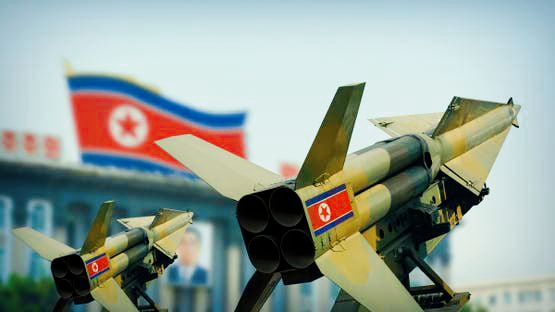In a new step reflecting its rising ambitions, North Korea today confirmed its full commitment to its legal right to explore outer space, emphasizing its goal to transform into a "major space power."
This came in conjunction with the third anniversary of the review of the Space Development Law of 2022, which granted the country an expanded legal framework to develop its space capabilities, including defense dimensions.
Gang Sung-chul, Dean of Kim Il-sung University, stated in an article published by the Korean Central News Agency that the parliamentary amendment to the law constituted a "critical starting point to accelerate the pace of developing the outer space industry in the country."
He affirmed that North Korea "will not give up its legitimate right to explore space," pointing to the state's commitment to nurturing the legal and scientific competencies necessary to develop this vital sector.
Gang added that his country has intensified its efforts in the fields of research and education regarding space law, aiming to "align national progress with international laws," and ensure respect for global standards while maintaining the country's sovereign interests.
In this context, North Korea reminds of its launch of a military reconnaissance satellite in November 2023, as part of an ambitious plan to launch three other spy satellites during 2024.
However, these plans have not been fully realized, as an attempt to launch one of the satellites failed in May 2024.
On the other hand, a U.S. official stated that President Donald Trump is open to dialogue with the North Korean leader, indicating the possibility of renewed talks between the two countries, which have been stalled for years amid the nuclear dispute and escalating military tensions in the region.
Despite international criticism, Pyongyang insists that its space endeavors fall within its sovereign rights and are part of the peaceful use of outer space according to international law.

